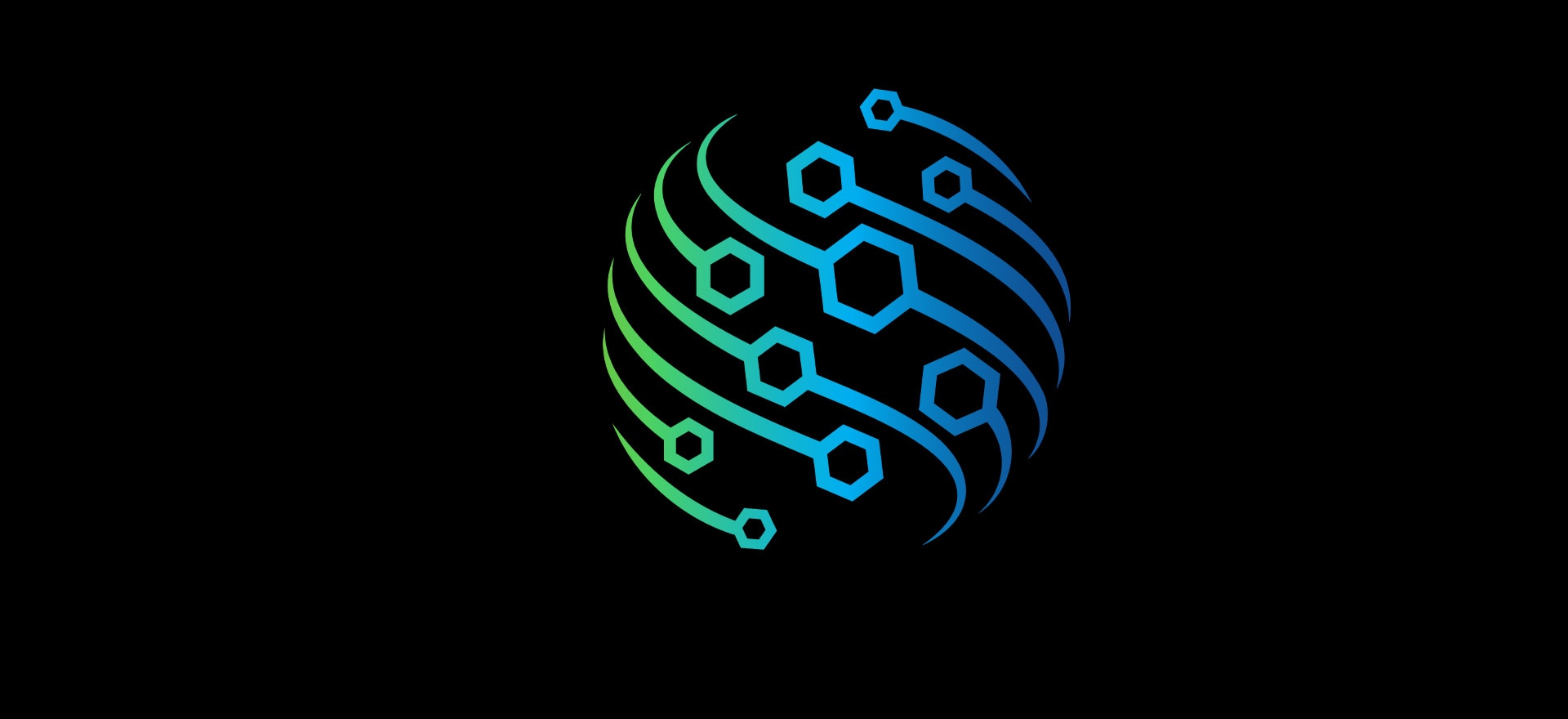Cloud migration keeps food services company up to speed
A long-standing manual process is replaced with a highly automated approach for more efficient business
See how Deloitte helped this food services company achieve successful cloud migration, automating complex supplies and pricing contracts to speed decision-making and enabling AI/ML capabilities to generate predictive recommendations.

An international food services company that serves as the critical link between farms and food processing facilities to ensure supplies for large-scale customers, such as restaurants, sought a cloud-based technology solution to address the growing complexity of its contract processes.
One of the company’s core strengths was being able to source food products from a variety of growers and other sources and match those supply streams with the needs of food processors and their restaurant and institutional customers. But the larger and more varied that supply ecosystem became, the more difficult it was to match products with buyers, make timely decisions, and adjust contract terms with fast-changing conditions. It was imperative the company replace long-standing manual processes with a highly automated approach.
The manual process of forging contract agreements called for simultaneous inputs from as many as 17 stakeholder groups within the business. It also had to account for data and labeling standards that varied from supplier to supplier. As a result, data standardization was lacking. Duplication, ambiguity, and inaccuracy were too common. In addition, the contract process had difficulty accommodating the complexity of inputs. Contract pricing was limited to a single constraint, which made it difficult for the company to keep its terms competitive from day to day.
In this multidimensional data environment, the manual process of matching products to buyers became too fast-paced and voluminous to handle using traditional methods. It led to delays in pricing decisions and contract delivery and bred inefficiencies that reduced margin. The company sought a new solution with timely, granular outputs that would give its product lines more autonomy and allow the rebate management system to be more responsive.
The company sought a new solution with timely, granular outputs that would give its product lines more autonomy and allow the rebate management system to be more responsive.
The company sought a new solution with timely, granular outputs that would give its product lines more autonomy and allow the rebate management system to be more responsive.

What happened next
Before this transformation, the company was relying on processes such as running SQL queries on Excel files to handle this work. Improving the company’s pricing and contracting capabilities had the potential to increase customer satisfaction, speed performance, realize more margin, and place larger and more profitable deals within reach.
The company turned to Deloitte to create an end-to-end cloud platform on Microsoft Azure that would automate data regularization, product matching, and contract pricing. The team’s structured problem-solving capabilities, powered by algorithms that sort data and present it in user-friendly interfaces, as well as responsive and agile structure made Deloitte the company’s choice. The company selected Azure because of an existing agreement in place, and because it was a match for existing virtual machine (VM)-based approaches and the overall desire for scalability.
An early step in the work was to map available supplies and customer needs, classifying products in a way that simplified and reduced the number of potential matches. For each item—for example, chicken breasts—the system automated the top five recommendations for suppliers that could match the need.
Leveraging its industry knowledge and cloud transformation experience, Deloitte helped create a new, automated pipeline that included three natural language processing pipelines that extracted relevant feature descriptions from food suppliers’ varied labeling methods and mapped product availability to regional locations. With that regularized view of the supply chain, an intelligent application framework gained new AI/ML capabilities to generate predictive recommendations for the most effective matches and terms.
An automated deployment pipeline fought model drift through periodic cloud-based database updates and regular adjustments to training data. That made setting up new product models (for example, to address categories like ice cream or cheese) faster. The team insisted on a standard for this process: It had to generate an output that was at least as good as what a human could achieve manually—speed had to complement accuracy, not replace it.
The Wins
1. Autonomous product mapping
2. Direct purchasing that permits a focus on profitable SKUs
3. Increased credibility with suppliers and manufacturers
4. Enhanced team efficiency
5. Continuous improvement: matching outputs inform decision-making for future merchants
By the numbers
~50%
enhanced team efficiency
80%
of annual spend that matches manufacturer items to supplier items
~17
stakeholder groups within the business


Global Microsoft Technology Services
Every business reaches a point in their journey at which digital transformation becomes a business imperative.
Opens in new window
